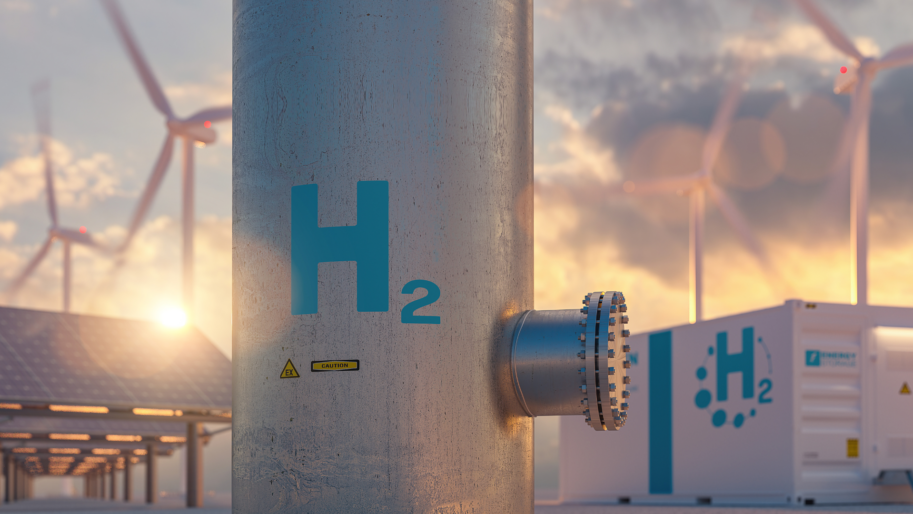SACRAMENTO, October 13, 2023 — Earlier today, Governor Newsom announced that California will receive up to $1.2 billion from the U.S. Department of Energy for the Alliance for Renewable Clean Hydrogen Energy Systems (ARCHES) program.
ARCHES is a statewide, public-private partnership with the stated goal of accelerating renewable hydrogen projects and supporting California’s transition to a clean energy economy. However, flaws in the program design and lack of engagement with impacted communities have already called into question the program’s ability to meet these goals.
In response, Woody Hastings, Phase Out Polluting Fuels Program Manager for The Climate Center, said:
“As it’s currently planned, moving forward with ARCHES could actually increase climate pollution. That’s because electrolysis — the process of using electricity to split water into hydrogen and oxygen — requires an enormous amount of energy. Relying on existing renewable energy resources for inefficient electrolysis, as ARCHES proposes, will likely result in increased demand for fossil gas to keep our electrical grid running.
“California should always prioritize direct electrification over hydrogen solutions that are inefficient and expensive. For example, plugging in an electric car and using clean energy to charge its battery is vastly more efficient than using that energy for electrolysis to produce hydrogen, then using more energy to compress the hydrogen, and then yet more energy to transport that hydrogen to power a fuel cell vehicle.
“We strongly urge ARCHES leadership to embrace principles for hydrogen production that will maximize the benefits of this technology for our communities and climate. First, hydrogen electrolyzers should be powered by new, as opposed to existing, clean energy sources like solar, wind, and geothermal. Additionally, all hydrogen projects in the state should require hourly matching, in which the new clean energy source is available at the same time that the electrolyzers are running — in essence, when the sun is shining and the wind is blowing.
“Without proper guardrails, hydrogen production could both increase greenhouse gas emissions and further disadvantage communities that are already on the frontlines of fossil fuel pollution. Transporting hydrogen, whether by pipeline or by truck, creates health and safety risks for nearby communities. Hydrogen production is also water-intensive and threatens to create competition for increasingly scarce water resources.
“Advocates from across California have brought these and other concerns to ARCHES leadership, but they are yet to be addressed. Going forward, we urge the ARCHES team to honor its commitment to environmental justice and equity by meeting regularly with community members and incorporating their needs into project planning.”
In March 2023 — before the ARCHES proposal was submitted to the U.S. Department of Energy — The Climate Center joined a broad coalition of environmental justice and environmental organizations to articulate these concerns in a letter to ARCHES leadership.
Hydrogen may play a role in California’s clean energy future, especially for hard-to-electrify sectors. The Climate Center’s policy guidance on hydrogen offers recommendations for scaling up green hydrogen in a manner consistent with the state’s climate goals. See also our recent webinar, Hydrogen’s Role in the Clean Energy Economy.
ENDS
Contact:
Ryan Schleeter, Communications Director, The Climate Center: ryan@theclimatecenter.org, (415) 342-2386
About The Climate Center:
Since 2001, The Climate Center has been a leader in making climate solutions a reality in California at speed and scale. We are a think-tank, do-tank working to turn bold ideas into action for a climate-safe future. www.theclimatecenter.org


